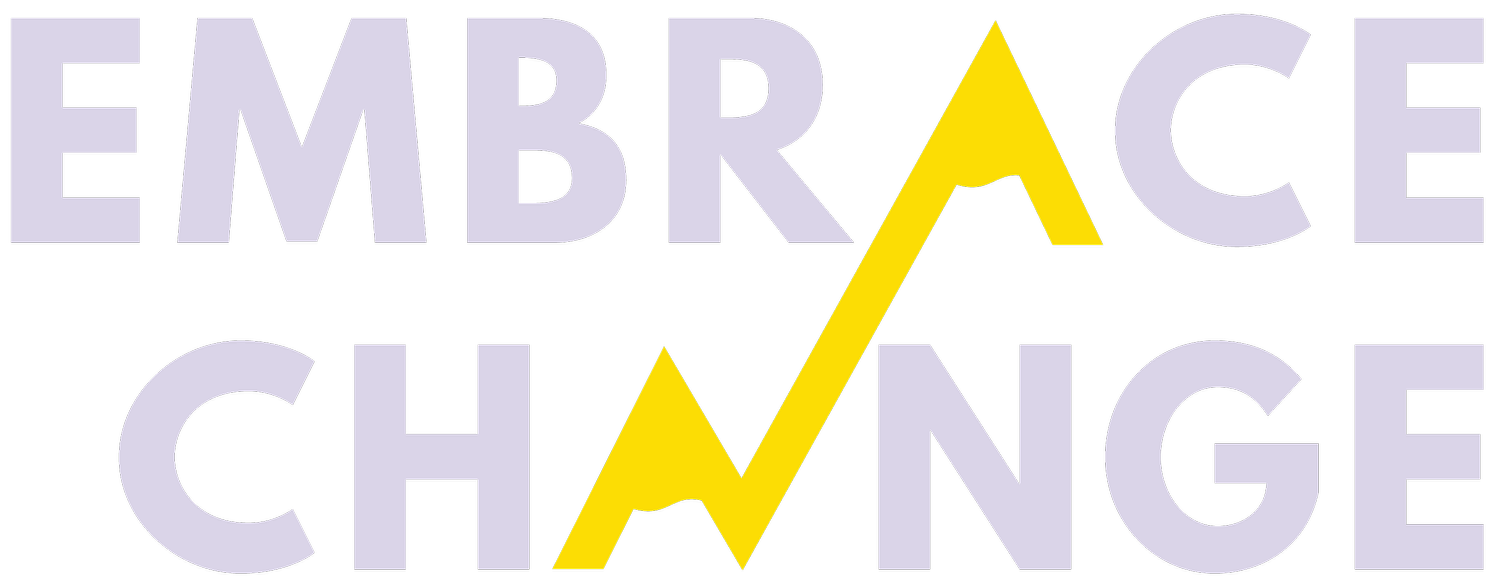From Burnout to Better Than Ever
Charitable giving reached an all-time high in the pandemic—$471B, yes, that’s billion with a B—but so, too, did the number of nonprofit employees experiencing burnout.
According to a nationwide survey by Opportunity Knocks, 30% of employees reported being burnt out with another 20% of workers right behind them, in danger of burning out. And while it’s easy to say that every industry has been affected by The Great Resignation, “quiet quitting,” and higher turnover rates, the nonprofit sector has seen this acutely—and is now facing those historically high rates.
It’s no surprise that social impact workers are feeling this strongly, given the culture of nonprofits. Though everyone is working toward a shared goal and mission, the challenge lies in ensuring everyone has an equitable, fair, and manageable workload. This is usually paired with lean financial resources (read: usually chronically underpaid, as seen in this hilarious viral TikTok). And finally, supplemented with a supposed moral obligation to tirelessly do the job—in a pandemic no less, when needs are at their highest and there isn’t much else to do—it’s clear why employees may struggle with burnout.
If you’re unsure if you, a loved one, or a colleague is experiencing burnout, here are some of the most common signs and symptoms:
Sense of failure and self-doubt
Feeling helpless, hopeless, trapped, or defeated
Detachment
Loss of motivation
Decreased satisfaction and sense of accomplishment
Furthermore, the Mayo Clinic says these risk factors may contribute to job burnout:
A heavy workload and long hours
Struggle with work-life balance
Working in a helping profession
Having little to no control over your work
Considering all the above, it, frankly, seems inevitable that nonprofit employees would experience burnout. Take, for example, an Embrace Change client we’ll call Anne. As a woman of color leader, she was feeling disengaged and unsupported by her manager after more than a decade at a mission-oriented org whose work she used to love. We could’ve chalked it up to her tenure at the nonprofit heading towards a natural end, but more realistically, it was a cookie-cutter case of burnout. Anne’s situation ticked all the boxes—and the unfortunate reality for Anne and many others is that, all too often, stepping away from work or focusing on mental health isn’t always possible with social impact orgs.
But this is where coaching can come in.
According to a Psychology Today piece published in July 2022, new research shows that coaching can boost mental health at a similar level to therapy—welcome news especially considering the recent lack of licensed therapists in the US. “Certified coaches trained in evidence-based mental health approaches can help fill the gap…And it may be more feasible for coaches to focus on early intervention by preventing clinical-level symptoms from developing, leaving therapists to treat those with more severe symptoms.”
At Embrace Change, our unique approach to coaching nonprofit employees through burnout hinges on these key elements:
We understand that we live within a late-capitalist society where “all-consuming work” is a symptom of our culture, and we see the uneven challenges particularly placed on women of color.
We recognize and work toward the unique intersection of sustainable mission-driven work and mental health, not one at the expense of the other.
We provide a third-party perspective for support, psychological safety for our clients, as well as actionable next steps to move from a place of “venting” or “burnout and frustration” to new, tangible outcomes.
We offer solutions that can be implemented across your workplace, placing responsibility on your employer to prevent future burnout rather than on you for experiencing it. Those solutions include focusing on compensation, wellness, and culture.
Through Anne’s work with an EC coach over the span of several months, she was able to reframe her relationship with her manager, re-energize her passion for the job, and even apply for a promotion for her company. A far cry from her initial approach to exit the organization.
In a second case study, we worked with a number of employees an organization fighting to end criminalization of poverty. Several staff mentioned struggling with boundaries, juggling too many plates, and feeling like they weren’t doing “enough” for the cause.
After multiple sessions with Embrace Change coaches, employees shared that they felt they now had permission to slow down, narrow down their focus on the most important aspects of work, and focus on their larger career goals ahead both within and outside of the organization–moving past burnout and indifference and into a place of clarity and action.
If you’re an employee suffering from burnout, we hope these real-life case studies inspire you to reach out and consider the possibilities ahead. If you’re a nonprofit employer, we urge you to utilize career coaching to proactively and strategically prevent burnout, support your employees by meeting them where they’re at, and lead the way by example.
Burnout happens, but it doesn’t need to last forever. And whenever it does pop up, coaching can help prevent and treat it from happening again.’
*Photo credit: @aiony, model: Akbota Abkenova

